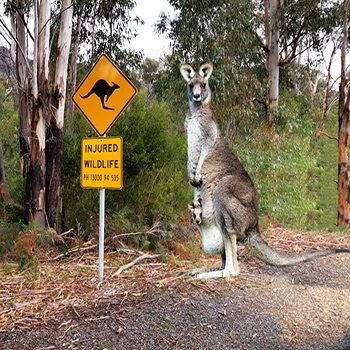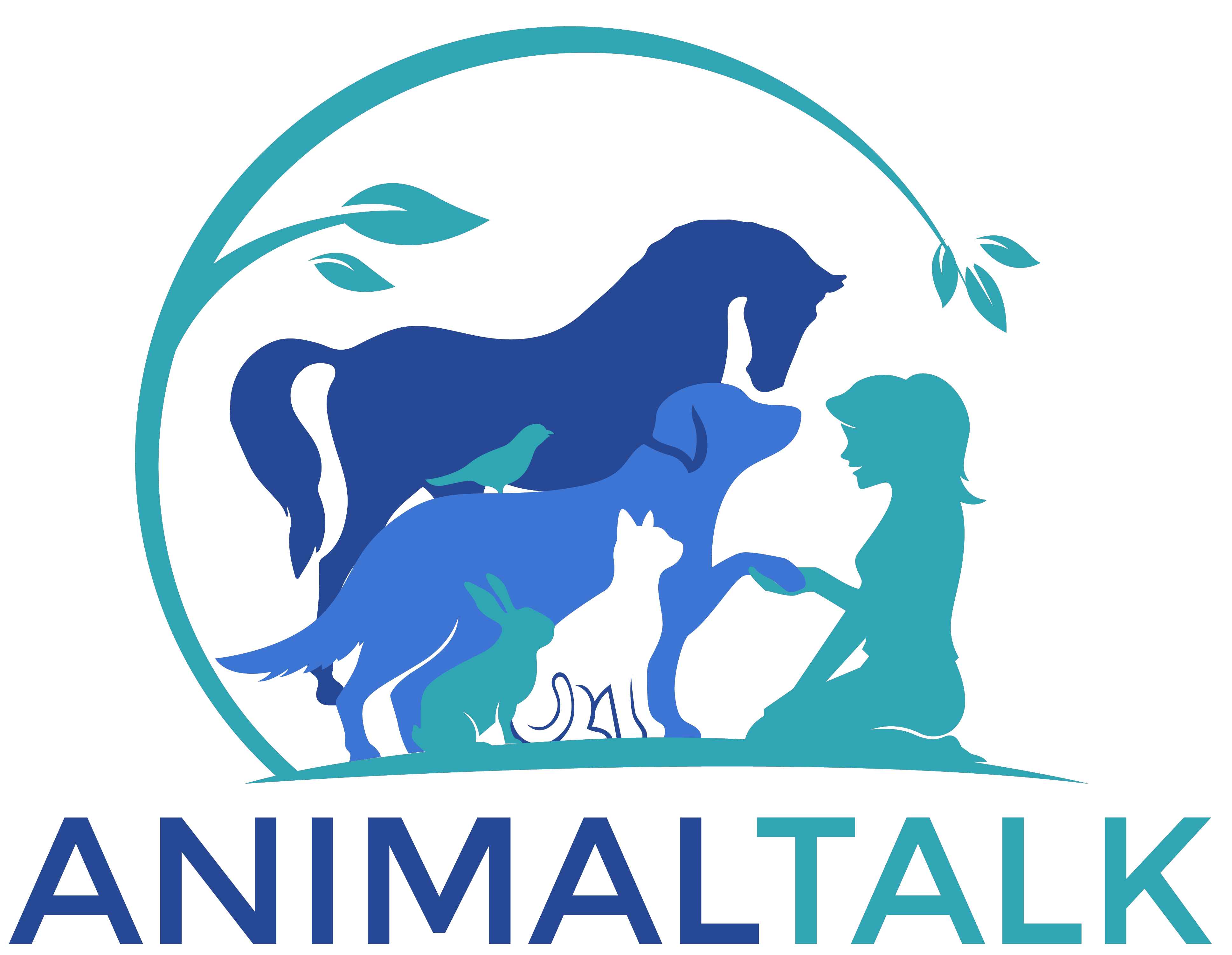
[vc_row][vc_column][vc_column_text]Each year millions of animals are killed, orphaned or injured on our roads, and sadly many die a slow and painful death. Affected species range from lizards, frogs, birds, kangaroos, wombats and possums – and many more! Entire local populations have been known to become extinct due to road kill. These collisions can also result in human injury or death and costly property damage. While preventing road kill and injury entirely is not realistic, we have the ability to strongly reduce the occurrence.There are several methods that can be used by road designers to reduce road kill and injury, but what works best is motorists being aware and taking action. Tips to prevent animal roadkill & what to do with injured wildlife:
Be alert Look for wildlife.
- Slow down at night. Native animals are active between dusk and dawn.
- Honk your horn – To scare animals off the road.
- Don’t litter – This may attract animals to the road.
- Move animals off the road – Slow moving animals, like lizard and echidnas, can be moved off the road.
- Move dead animals off the road – This will discourage other animals from venturing onto the road.
- Check animals on the road Marsupials such as kangaroos, koalas, possums and wombats may have a joey in the pouch.
[/vc_column_text][us_separator type=”invisible” size=”small”][us_single_image image=”8676″ size=”full” align=”left”][us_separator type=”invisible” size=”small”][vc_column_text]Have a rescue kit in your car at all times:
- A heat source – EG: a hot water bottle (wrapped and filled with hot water only – not boiling), grain filled bag, etc.
- Thermometer for checking temperature. Place probe near joey and place the thermometer unit where it can be easily seen.
- Scissors.
- Antiseptic, such as Dettol.
- Pouches (eg pillowslips), towels, and blankets of assorted sizes.
- Torch.
- Milk replacer (eg Di-Vetelact or Wombaroo. These can be purchased from most vets).
- Electrolyte fluid, such as Vitrate or Glucodine.
- Bottles and teats. • Syringes (without the needle).
- Disposable gloves.
- Paw Paw ointment (a great natural wound cleaner and healer).
- Wet Ones (alcoholic hand wipes to clean your hands after rescue).
- Safety pins (to pin pouch liners together).
- Vet wrap and assorted bandages.
To read more:http://www.fourthcrossingwildlife.com/ReducingRoadKill&Injury.pdf[/vc_column_text][/vc_column][/vc_row]
